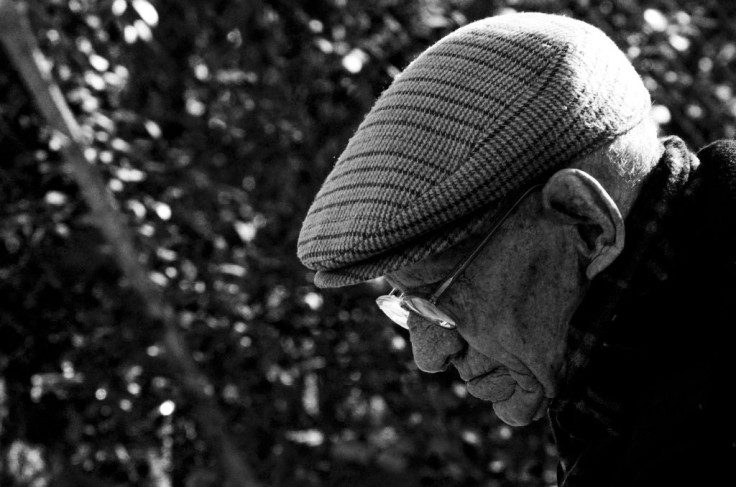Storytelling Training Regimen Helps Medical Students Relate To Patients With Dementia

Throughout antiquity, the human animal has told stories to make sense of the world, from perhaps the flickering campfire lore of prehistoric cavemen to the dialogues of Socrates to the parables of Jesus.
Now, medical educators believe the ancient art of storytelling may serve as a mental aid for medical students learning to empathize with dementia patients they'll treat as doctors. Participation among students at Penn State College of Medicine improves perceptions of people affected by the condition, according to researchers there.
Daniel George, an assistant professor of humanities, tested the effects of the "TimeSlips" program in an elective course at the medical school, wherein fourth-year students worked with dementia patients at a local assisted-living community in Hershey, Pa. Not merely forgetful in the charmingly avuncular way, the patients experience advanced dementia requiring substantial care. They live in a "memory-support unit" that is locked down like some sort of geriatric minimum security prison — only nicer.
Among attitudes held by medical students, the researchers wish to change the perception that people with dementia are challenging to work with.
"We currently lack effective drugs for dementia, and there's a sense that these are cases where students can't do much to benefit the patient," George said. "The perception is that they're hard to extract information from, you don't know if that information is reliable, and there are often other complicated medical issues to deal with."
As other researchers continue to investigate possible pharmacologic solutions to the chronic condition, TimeSlips uses a more natural approach to dementia care with a focus on storytelling in a group setting that encourages participants to leverage the power of imagine, while forgetting their disability with regard to recall of chronological information.
In a typical scenario, participants are presented with a surreal image — such as an elephant sitting on a park bench — and are asked to share their impressions. As part of the medical course, students spent a month with groups of five to 10 residents, helping the dementia sufferers to build stories in poetic form during the sessions.
"All comments made during a session — even ones that do not necessarily make logical sense — are validated and put into the poem because it is an attempt to express meaning," George said. "The sessions become energetic and lively as the residents are able to communicate imaginatively, in a less linear way. In the process, students come to see dementia differently. It is very humanizing, revealing personality and remaining strengths where our culture tends to just focus on disease, decline and loss."
To measure changes in attitude among students who took the course and interacted with dementia patients, researchers used an instrument called the "Dementia Attitudes Scale," noting a significant improvement in overall attitude over the course of the program, as students became increasingly comfortable with people with dementia while learning the skills to treat them.
"In talking with my students, they consistently express their anxieties about medical school training them to see patients as a diagnosis rather than as a fully-fledged person," George said. "An activity like TimeSlips, which emphasizes the creative spirit in people with fairly advanced dementia, helps give students a richer sense of who the person was and what made them tick."
George hopes to next expand the program to include all medical students at the school, which emphasizes the humanities in medical care as the first in the nation to establish a department of humanities within a medical school. By training medical students in dementia care sooner rather than later, George hopes to nudge more future medical residents toward geriatric medicine as a specialty — something that'll be increasingly needed as the Baby Boomer generation ages into the assisted living stage.
"As the incidence of dementia-related conditions is rising globally, the demand for high-quality, humanistic geriatric care is becoming more urgent," he said.
Moving beyond his current mission with medical students, George hopes to push the storytelling initiative to nurses, faculty, medical staff, and other patients, too.
Source: George D, Stuckey H, Whitehead M. Storytelling Program Helps Change Medical Students' Perspectives On Dementia. Academic Medicine. 2013.
Published by Medicaldaily.com



























